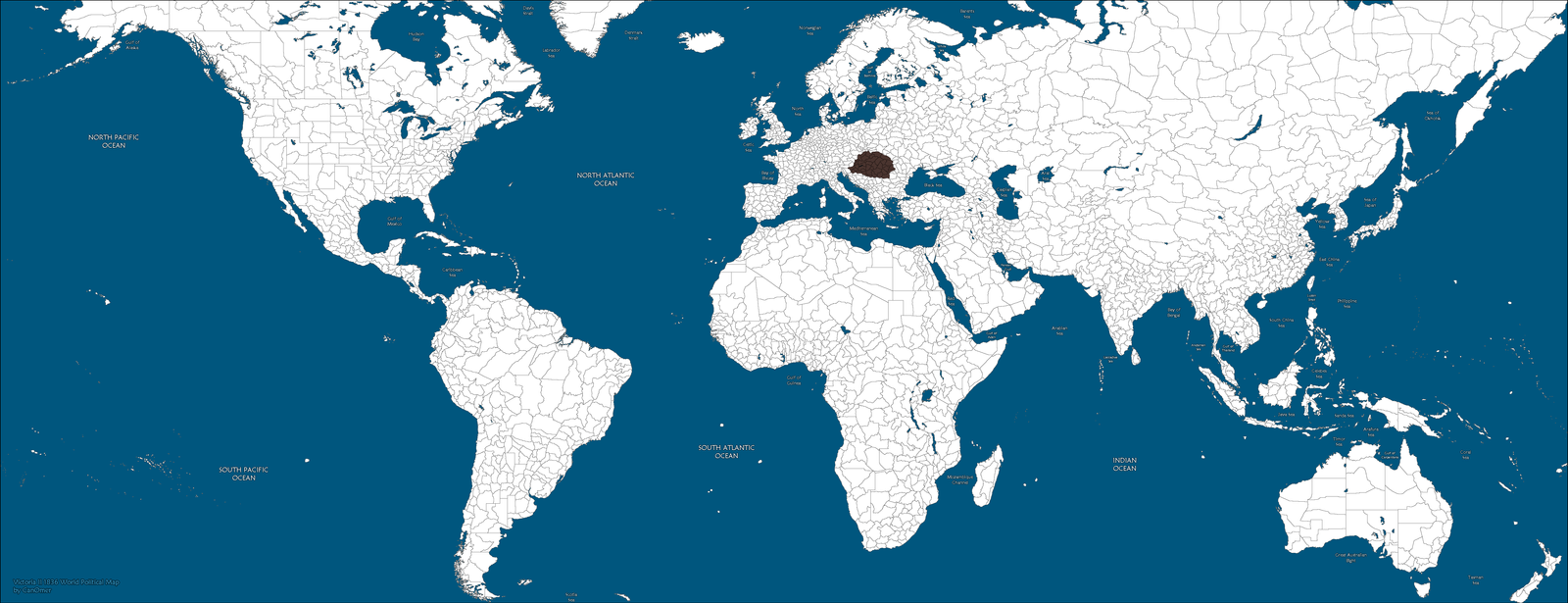Name of Nation: Aldoran
Map: Green
Government Type: The Aldorian government is a Monarchy of the highest prestige. Instead of a "King" We have the Supreme Leader.
Military: Our military is mainly a defense mechanism. Our military is heavily modernized with mechanized units. The two best divisions of our military are the Nation Defense Forces and the Marines which are what others refer to them as. We refer to them as the LSAAF. The Land Sea Air Amphibious Forces. With the foot soldiers we have (About 30% of the entire military) we have them armed to the teeth with the best armor and weapons available at the time. Our Air Force is the pride and glory of the nation. The LSAAF are the ones who mainly use the Air Force as they are most often in the air or dropping from the air. We have 1 very small "helicarrier" half the size of a usual aircraft carrier. We also have 5,000 F-41 Fighting Eagles and 1,500 F-21 Fighting Falcons. Our navy boasts 102 ships with 25 destroyers, 21 frigates, 31 battle ships 15 cargo ships for wars and 10 aircraft carriers. We usually don't use our military unless denied of something, threatened, or attacked.
Economy: Our main industries are mining for ores and drilling for petroleum, the fuel of the world. Although this only makes up 45% of the cash we make. The other 55% of our cash is gotten by trade and the tributes our 3 vassals pay altogether (NPCs).
Foreign Policy: We are a fairly diplomatic nation AT FIRST no matter how militaristic we may seem. We cautiously handle a situation as not to offend anyone and in order to seem "nice." BUT, then if we DON'T get what we want we go full smash and grab and we declare war on the nation.
History: Our nation started in humble beginnings from 2015. We own the European half of the previous nation Russia which has long since fallen. In 2015 we rebelled in Russia because of it's war crimes and it's dumb logic. In 2017 we were granted freedom and have been building our nation ever since. Over the 24 years of being a nation we grew rapidly after joining NATO which is still existent and powerful today. Now we are neck and neck with the USA for the position of most powerful country. Over the 24 years out of the beginning 2 million rebels we have gained around 390 million people. In 2033 we went to war with Lithuania, Latvia, and Estonia after the left NATO. We then took them over alone and have ruled the land since. Otherwise we have been like Switzerland peaceful and slowly growing our economy more and more.
Foes: We hate the Nordics, Spain, and all countries on the Northern coast of Africa. (Morocco included)
Demographics: We have about 400 million people of the Asian "Race" AKA ethnicity.
Accepted. lol
Map: Green
Government Type: The Aldorian government is a Monarchy of the highest prestige. Instead of a "King" We have the Supreme Leader.
Military: Our military is mainly a defense mechanism. Our military is heavily modernized with mechanized units. The two best divisions of our military are the Nation Defense Forces and the Marines which are what others refer to them as. We refer to them as the LSAAF. The Land Sea Air Amphibious Forces. With the foot soldiers we have (About 30% of the entire military) we have them armed to the teeth with the best armor and weapons available at the time. Our Air Force is the pride and glory of the nation. The LSAAF are the ones who mainly use the Air Force as they are most often in the air or dropping from the air. We have 1 very small "helicarrier" half the size of a usual aircraft carrier. We also have 5,000 F-41 Fighting Eagles and 1,500 F-21 Fighting Falcons. Our navy boasts 102 ships with 25 destroyers, 21 frigates, 31 battle ships 15 cargo ships for wars and 10 aircraft carriers. We usually don't use our military unless denied of something, threatened, or attacked.
Economy: Our main industries are mining for ores and drilling for petroleum, the fuel of the world. Although this only makes up 45% of the cash we make. The other 55% of our cash is gotten by trade and the tributes our 3 vassals pay altogether (NPCs).
Foreign Policy: We are a fairly diplomatic nation AT FIRST no matter how militaristic we may seem. We cautiously handle a situation as not to offend anyone and in order to seem "nice." BUT, then if we DON'T get what we want we go full smash and grab and we declare war on the nation.
History: Our nation started in humble beginnings from 2015. We own the European half of the previous nation Russia which has long since fallen. In 2015 we rebelled in Russia because of it's war crimes and it's dumb logic. In 2017 we were granted freedom and have been building our nation ever since. Over the 24 years of being a nation we grew rapidly after joining NATO which is still existent and powerful today. Now we are neck and neck with the USA for the position of most powerful country. Over the 24 years out of the beginning 2 million rebels we have gained around 390 million people. In 2033 we went to war with Lithuania, Latvia, and Estonia after the left NATO. We then took them over alone and have ruled the land since. Otherwise we have been like Switzerland peaceful and slowly growing our economy more and more.
Foes: We hate the Nordics, Spain, and all countries on the Northern coast of Africa. (Morocco included)
Demographics: We have about 400 million people of the Asian "Race" AKA ethnicity.
Accepted. lol




